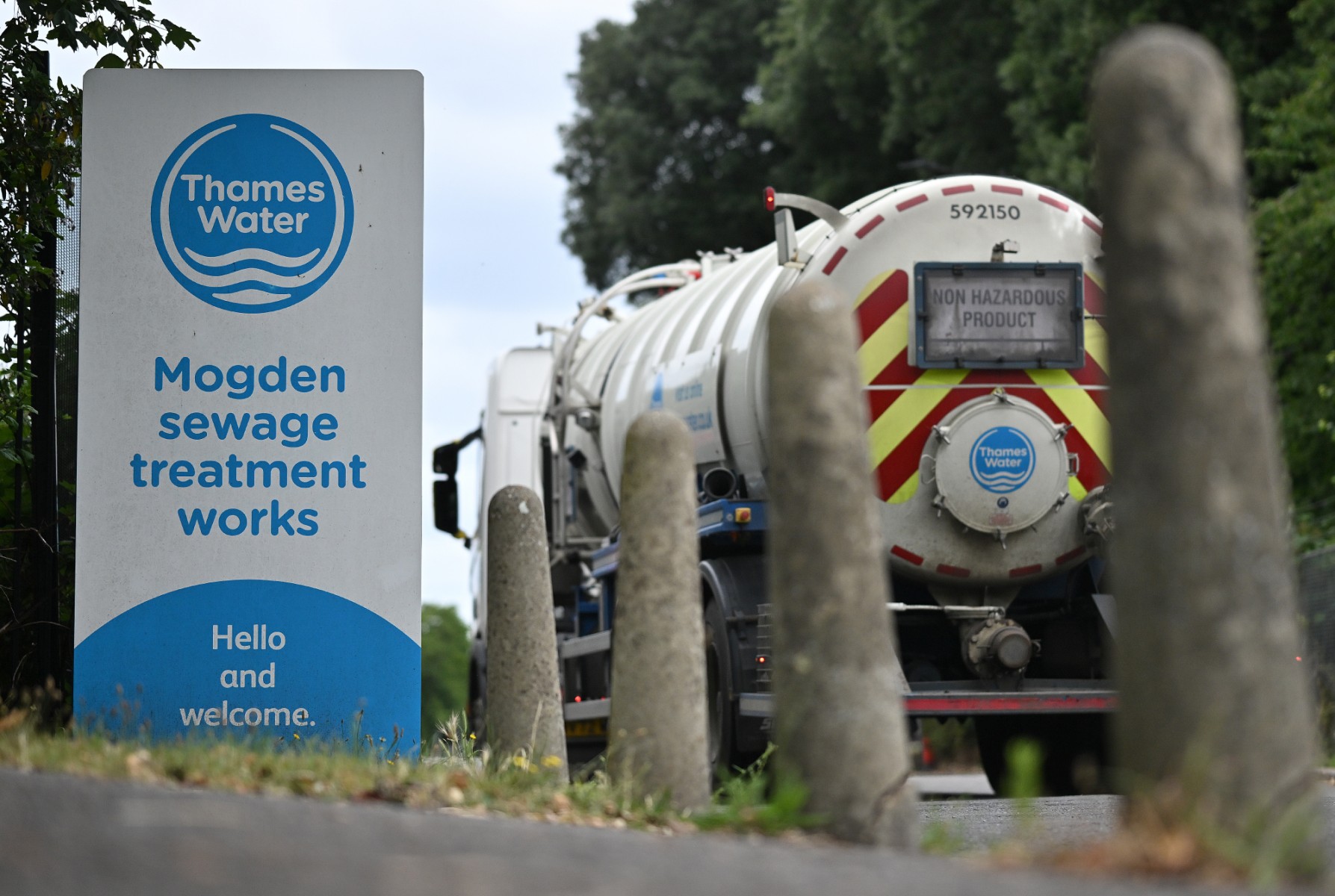London, United Kingdom – Thames Water on Monday announced a significant financial injection from shareholders that keeps Britain’s biggest supplier of the commodity afloat.
The company, reported to have been at risk of renationalization ahead of the latest news, said shareholders agreed to provide further funding worth £750 million ($960 million).
However, it falls short of the £1 billion it sought on top of £500 million secured from shareholders in March.
Thames Water on Monday also noted that it would need a further £2.5 billion of support between 2025 and 2030, according to a statement.
“The additional investment announced today is the largest equity support package ever seen in the UK water sector and underscores our shareholders’ commitment to delivering Thames’ turnaround,” added its chairman Ian Marchant.
Canadian pension fund Ontario Municipal is its biggest shareholder with almost one-third of the group.
Thames Water, which supplies 15 million homes and businesses in London and elsewhere in southern England, has debts of almost £14 billion.
Sarah Bentley resigned as chief executive last month. The utility has yet to appoint a permanent replacement.
Adding to its woes, a UK court last week fined Thames Water £3.3 million for polluting rivers.
It had pleaded guilty to pumping millions of liters of undiluted sewage into rivers near London’s Gatwick Airport in 2017, killing wildlife.
Britain’s privatized water companies recently pledged to make massive investments to stop raw sewage being pumped into waterways.
Reports said water bills could surge 40 percent by 2030 to fund the works amid mounting concerns over water quality and laxer environmental protections post Brexit.

